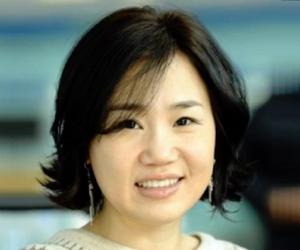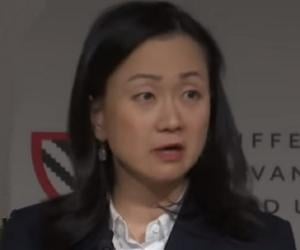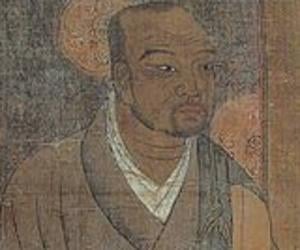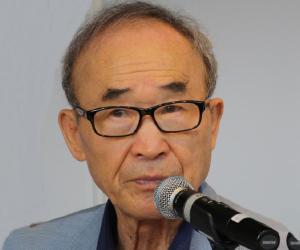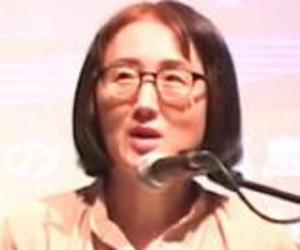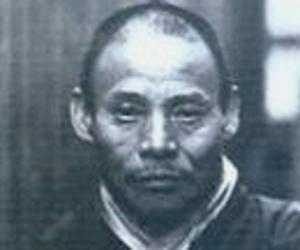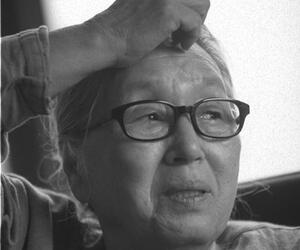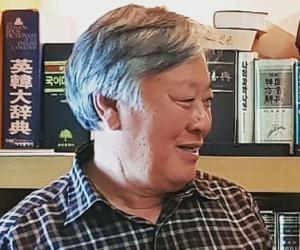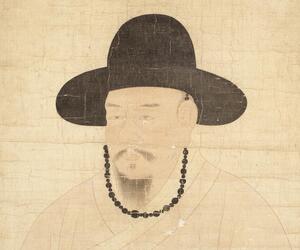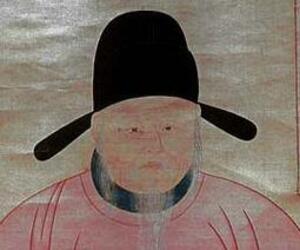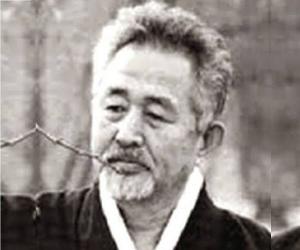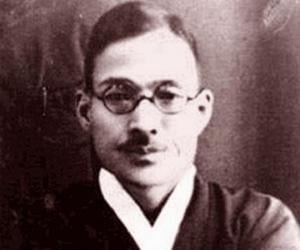1
Kim Eun-sook
(Screenplay Writer)
Birthdate: 1973 AD
Birthplace: Gangneung, South Korea
Kim Eun-sook is a highly acclaimed South Korean screenwriter known for her work in creating popular television dramas. She has written successful series such as Lovers in Paris, Secret Garden, A Gentleman's Dignity, The Heirs, Descendants of the Sun, Guardian: The Lonely and Great God, Mr. Sunshine, The King: Eternal Monarch, and The Glory. With a keen ability to craft engaging storylines and develop compelling characters, Kim Eun-sook has established herself as a prominent figure in the Korean entertainment industry.
